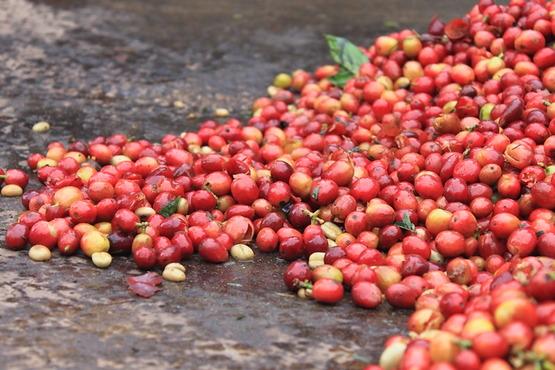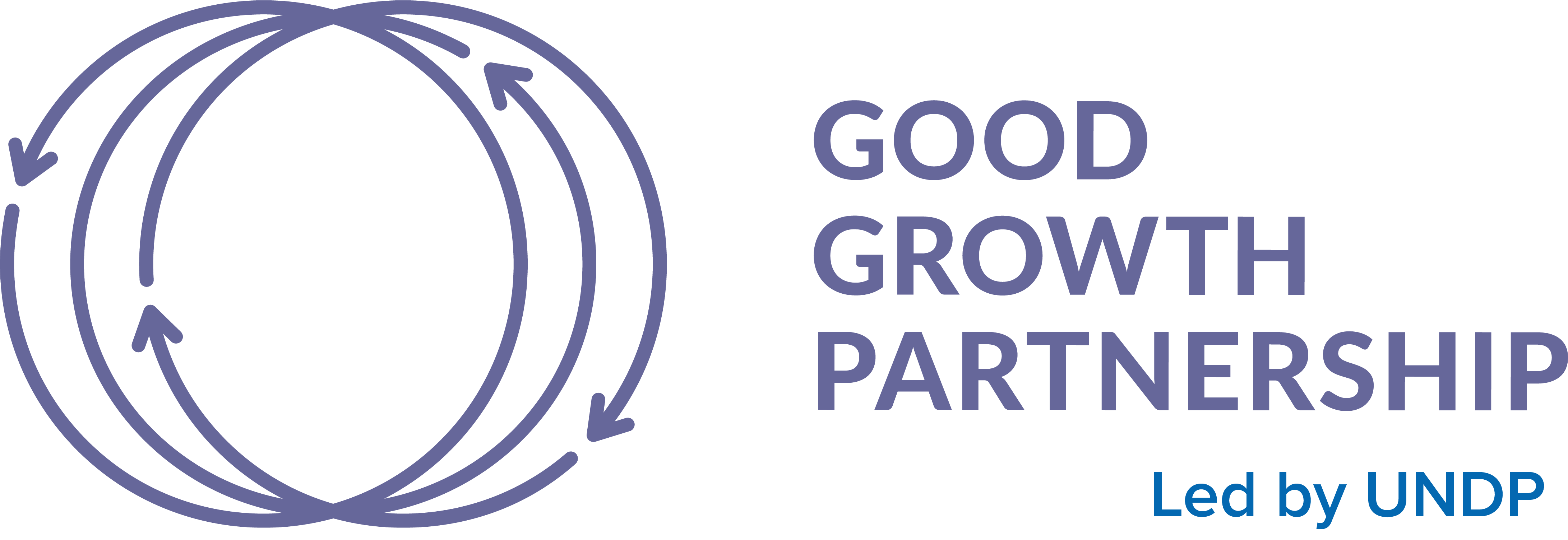Project Overview
Papua New Guinea is one of the most biodiverse and heavily forested countries in the world. The country's economy is heavily reliant on agriculture, particularly palm oil, coffee and cocoa. Production of palm oil is dominated by two large-scale plantation companies, while cocoa production engages around 20 percent of the rural population through smallholder production systems. High international demand for Papua New Guinean palm oil and cocoa has led to increased production and agricultural expansion; this has been coupled with ambitious central government targets. Plans for expansion require support for land-use planning systems and agricultural support services. More broadly, the country has made commitments to sustainable development for a green transition, protected areas, climate-compatible development, and climate change management.
Commodities:
Palm oil, cocoa, coffee
Area Covered:
317,000 hectares
Executing Partner and GEF Implementing Agency:
United Nations Development Programme

Project Features
The project will engage the public sector by working with platforms and working groups within the Papua New Guinea government to develop a sustainable palm oil policy and action plan, a sustainable cocoa policy and action plan, strengthened and revised regulations for both commodities, and improved alignment of fiscal and trade policies to support sustainable production through coordination.
These efforts will incorporate government agencies and tools to assess agricultural markets, value chains and informing national-level policy.
It will also support development of provincial policies on sustainable commercial agricultural development as well as national and subnational bodies to address fragmentation in target commodity sectors and support linkages between international buyers.
Additionally, it will develop a framework to strengthen knowledge and capacity among provincial officers in assessing priority areas for environmental management and vulnerabilities to environmental degradation; moreover, the project will support team members and government counterparts to participate in and speak at relevant global conferences.

Coffee cherries, Papua New Guinea. By Counter Culture Coffee. Used under Creative Commons license.







